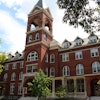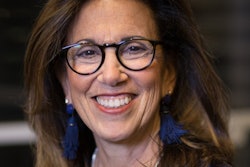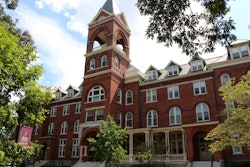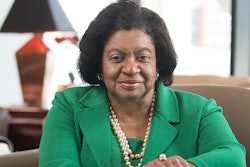As campaign season for the 2020 presidency begins with more women competing for the nomination than ever before, gender bias continues to affect their chances of political success, with 13 percent of Americans believing that men are more emotionally suited for political office than women.
Although this finding has decreased in recent decades by 37 percent, gender bias has the potential of making or breaking elections, according to a new analysis from the Georgetown University Center on Education and the Workforce (CEW).
CEW researchers utilized data from the General Social Survey to evaluate how sex, age, income, race, political affiliation and educational attainment are possible factors in how Americans view the emotional readiness of women seeing political office.
This analysis is a part of a broader topic that the center is working on that focuses on the role of education in reducing authoritarianism in society, said co-author Dr. Nicole Smith, a research professor and chief economist at the CEW.
This broader project that the researchers are working on “prompted us to ask the question, ‘Well, how do people view women in politics?’ And can we understand how these views might influence the forthcoming general election?” Smith said.
Some of the key findings:
In regards to how women in politics were viewed across racial lines, the researchers found little and inconsistent differences. Since the 1970s, Blacks have typically been more likely than Whites to believe that women are less emotionally suited for politics than men. However, this trend changed in the early 2000s, when a smaller percentage of Blacks than Whites had those views of women in politics.





















